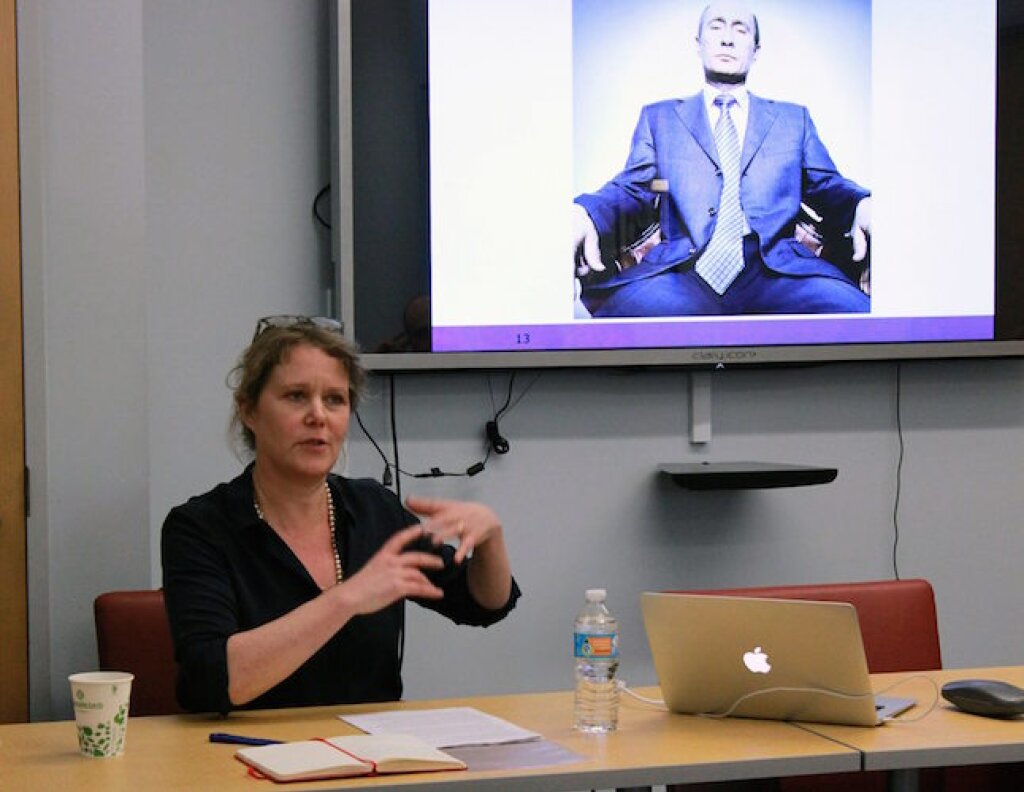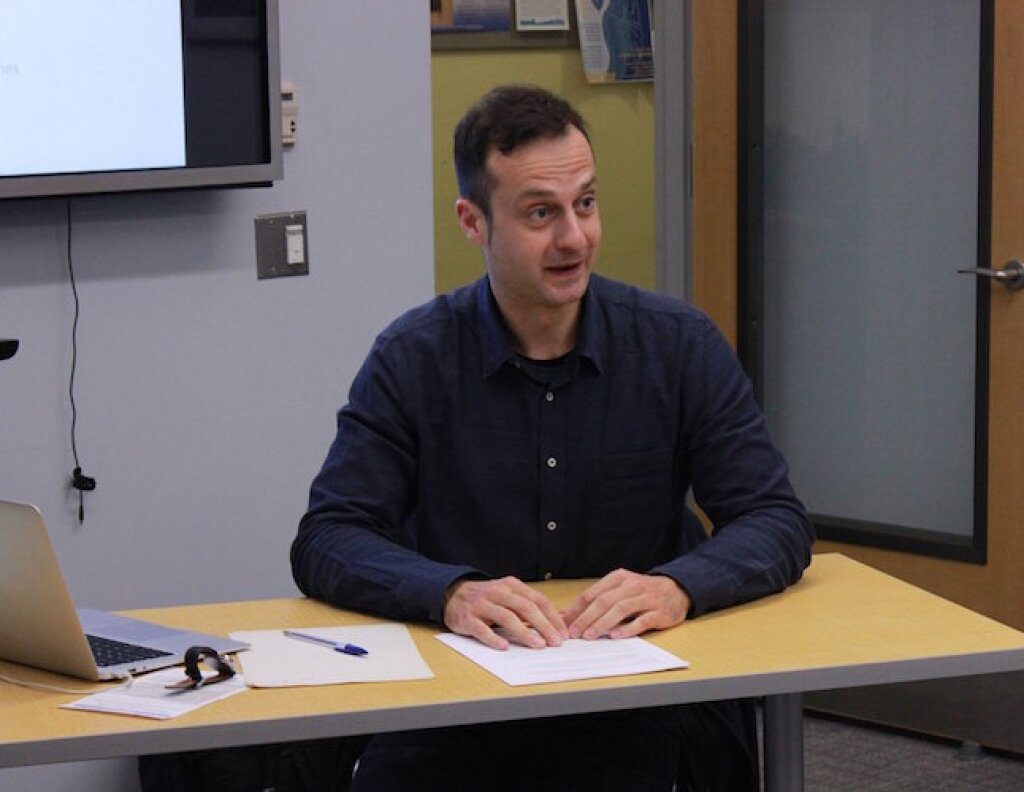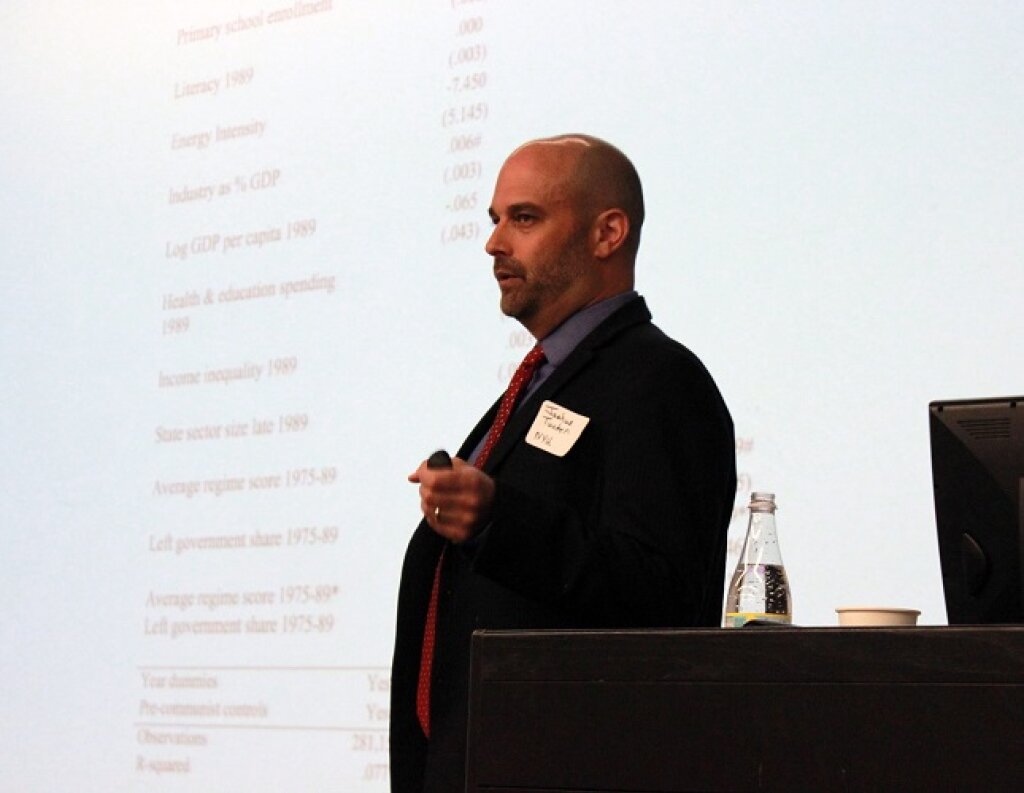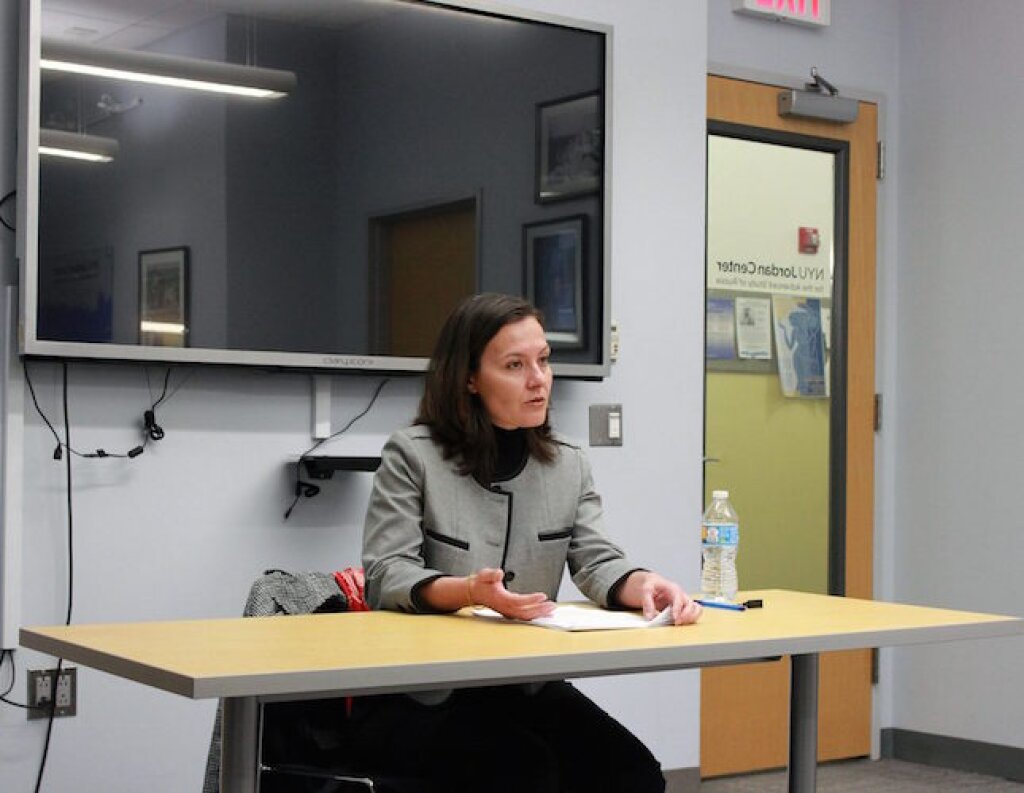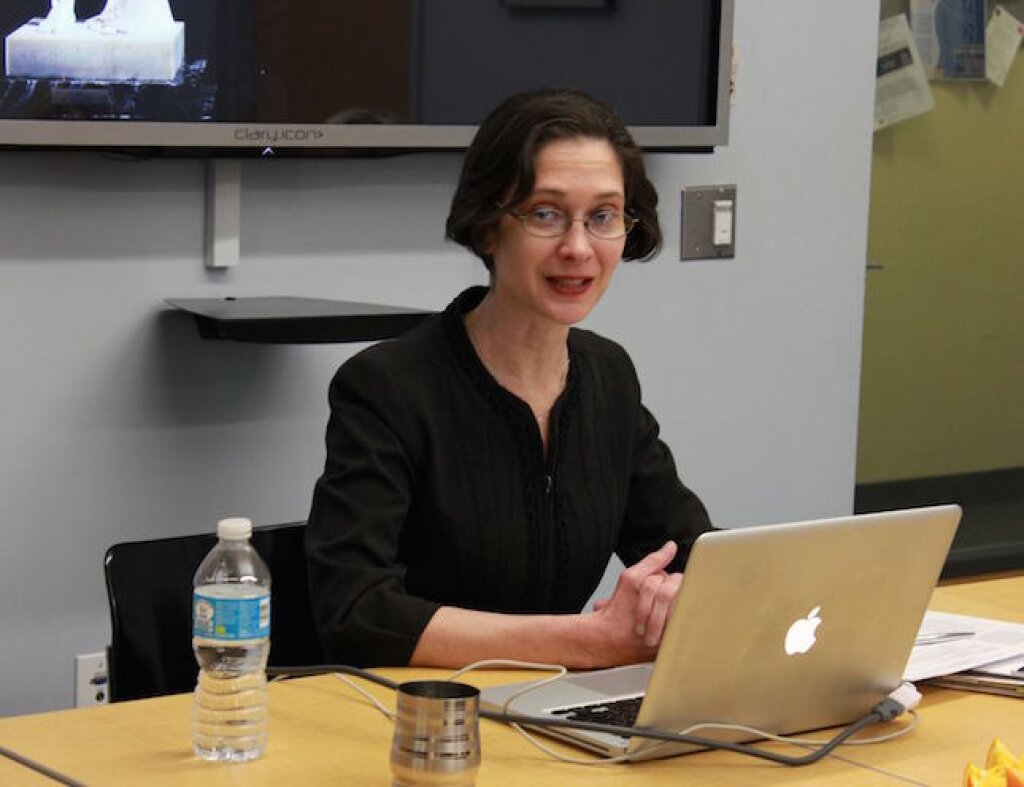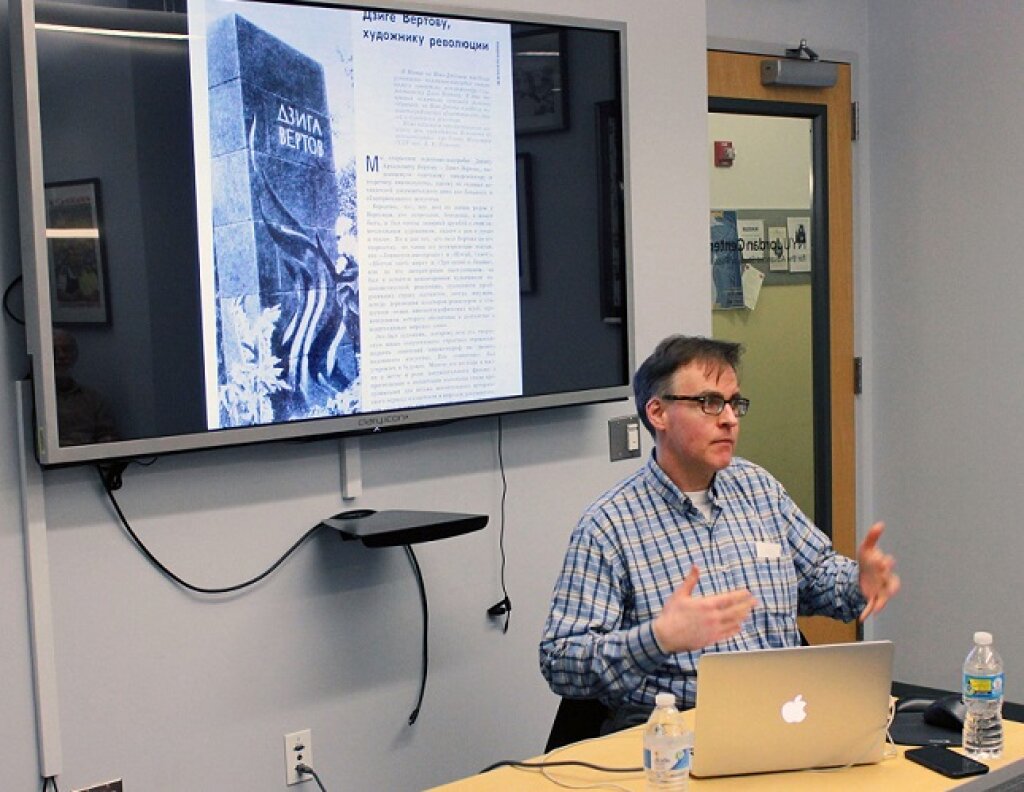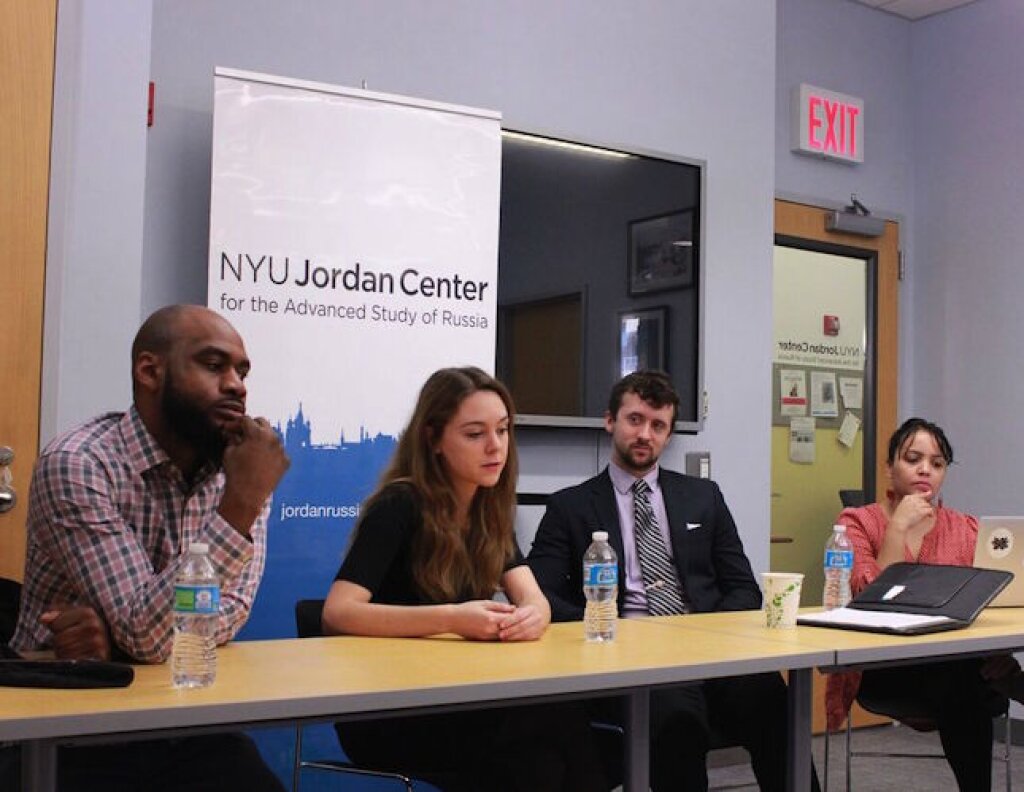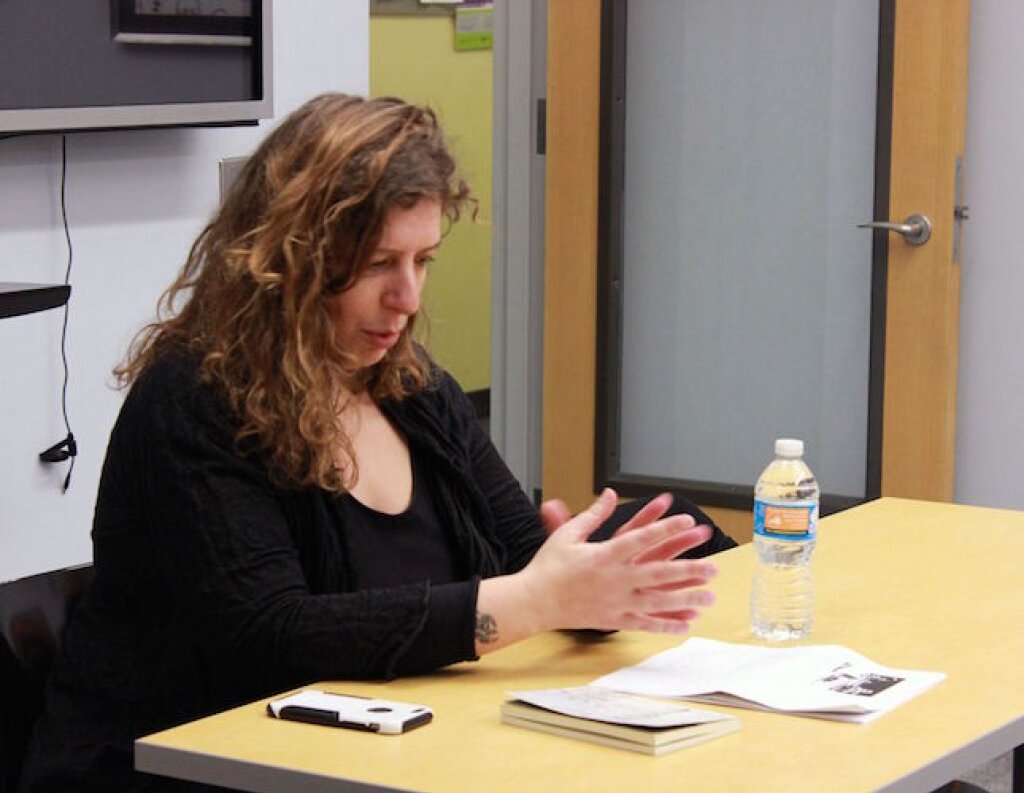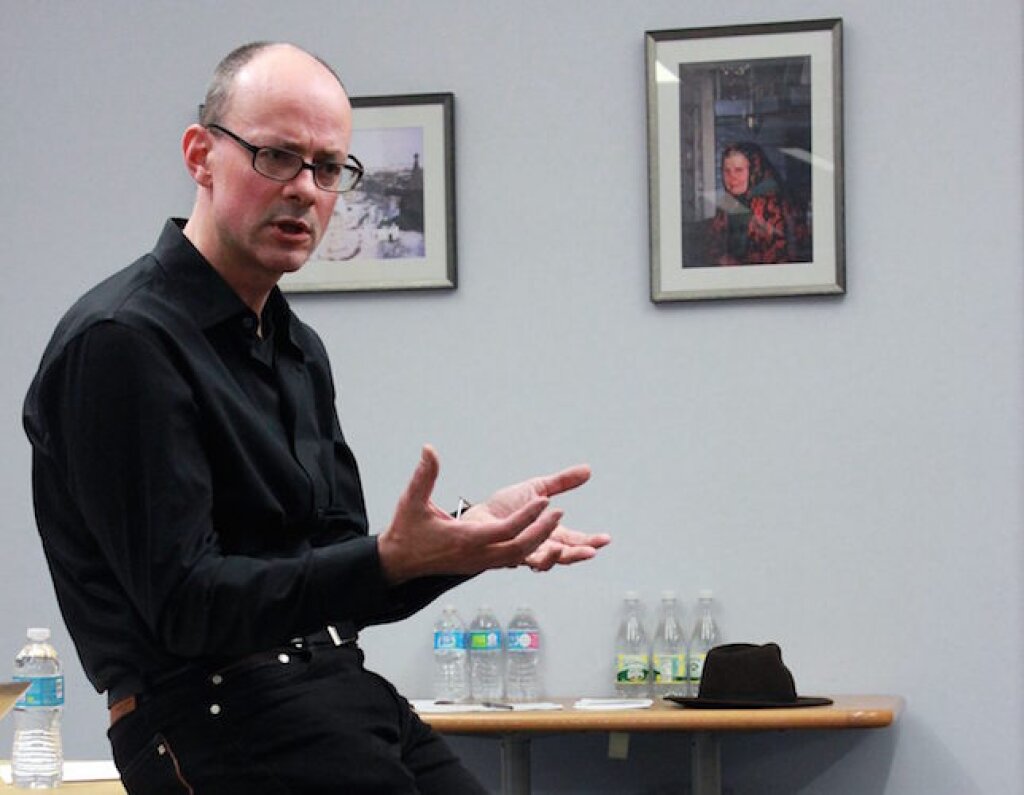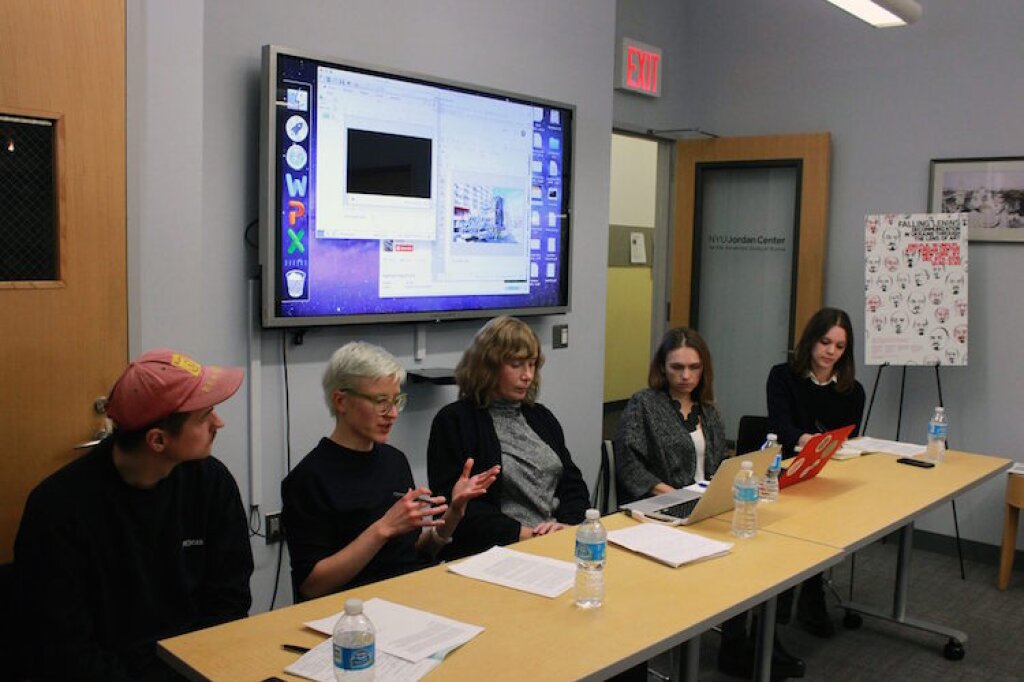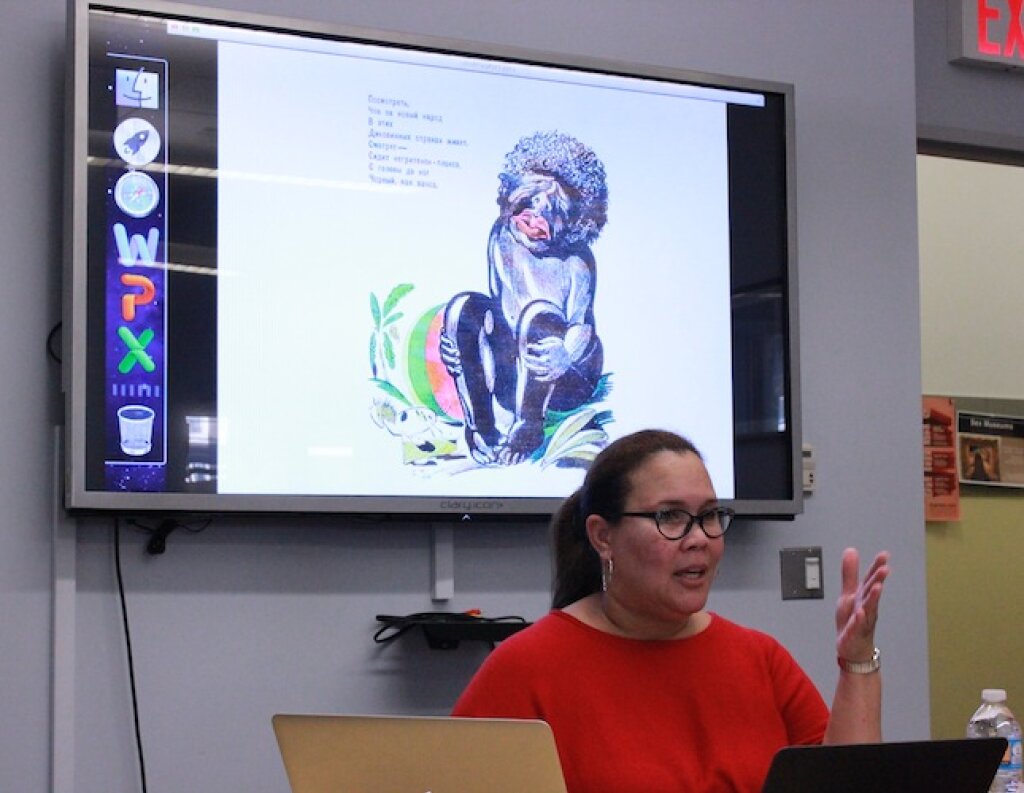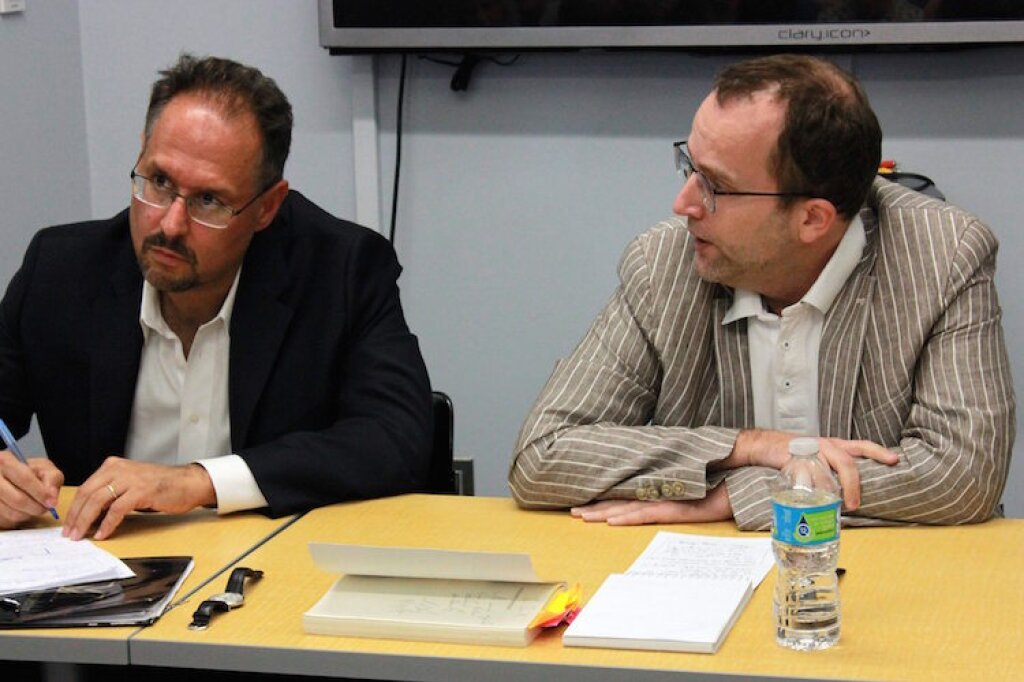Featured
Cecilia Banke and Flemming Hansen on the use of history in shaping identity
Researchers from the Danish Institute for International Studies explore Russian identity under Putin, and the role of politics of memory in European-Russian relations.
Constantin Katsakioris on The Lumumba University and the promise of a Soviet-Third World alliance
Constantin Katsakioris assesses the Patrice Lumumba University in Moscow, both as an education institution and an experiment in international cultural policy.
Joshua Tucker introduces new book on how communism's legacy shapes present attitudes
Jordan Center Director Joshua Tucker delivered the NESEEES keynote address on his new book, "Communism’s Shadow: Historical Legacies and Contemporary Political Attitudes" (co-authored with Grigore Pop-Eleches).
Maria Galmarini-Kabala on “defective children” and the state that treated them
Historian Maria Galmarini-Kabala puts her lens on a 1920s children’s sanatorium in search of “norms, discourses and historiographical frames” of the period’s pedagogy.
Margaret Samu on the reception of the female nude in Imperial Russia
What does the reception of the female nude tell us about Westernization, art criticism and taste in Imperial Russia?
John McKay surveys the revolutionary character of Dziga Vertov’s cinema
How were Vertov's films and writings revolutionary, and does their revolutionary character remain legible for us today?
Journalists discuss the role of race in US-Russia relations
"The alt-right has found a natural ally in Russia's current zeitgeist."
Polina Barskova surveys poetries from the Siege of Leningrad
The Siege of Leningrad (1941-1944) produced "multiple poetries," some published within hours, some written "in the dark," never to be published.
Kevin Platt explores the meaning of Russian “Near Abroad” in the case of Latvia
Neither national nor diasporic, never displaced but out of place nevertheless, Russian culture occupies distinctive and complex positions in Latvia.
Artists and scholars discuss “Falling Lenins,” revolution, identity
Is the Ukrainian government fighting with ghosts?
Tatiana Saburova and Ben Eklof on Charushin and the lives of Russian populist intellectuals
Nikolai Charushin and his generation of populists insisted that every step of their revolutionary lives should be guided by ethical principles.
Raquel Greene explores construction of race in 1920s Soviet children's literature
The Soviets condemned American slavery and European colonialism as part of their civilizing mission, but their negative assessments of race and specifically Africanness was still informed by the West.
A conversation with author Michael David-Fox on Soviet modernity
Michael David Fox speaks on his recent book, Crossing Borders: Modernity, Ideology, and Culture in Russia and the Soviet Union.
Want to contribute a post? Pitch Blog Editor Maya Vinokour at jordan.center.blog@gmail.com!




